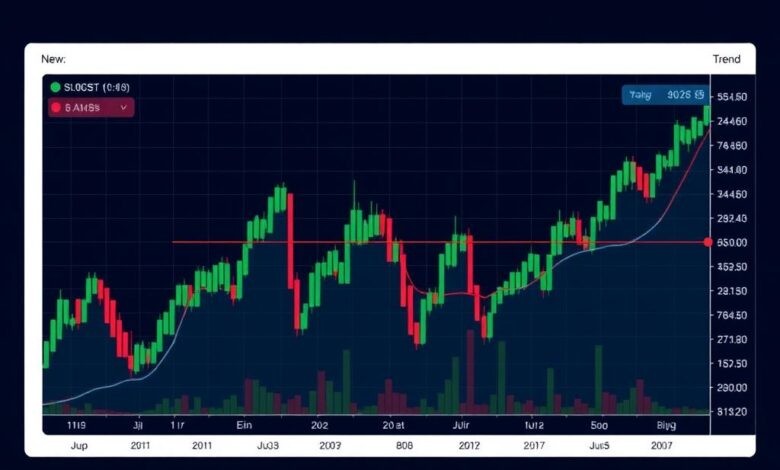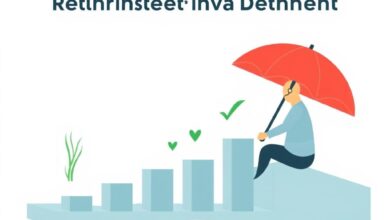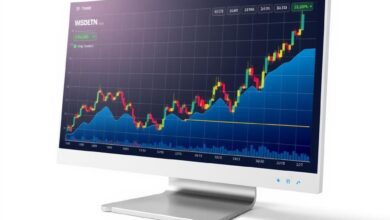Top 5 mistakes people make with credit cards

Limit the use of plastic to avoid accumulating high interest charges that can spiral into unmanageable debt. A good rule is to utilize no more than 30% of your available limit; this not only helps in managing expenditures but also positively influences your credit score.
Constantly monitoring your spending habits is essential. Overuse of available funds can lead to a precarious financial situation. Track all transactions diligently, as even minor oversights can result in significant pitfalls.
Paying off the balance each month should be non-negotiable. Carrying a balance results in accruing interest, which compounds over time, making it harder to escape from the cycle of debt. Prioritize payments to maintain a healthy financial status.
Lastly, regularly reviewing your account statements for inaccuracies can prevent future issues. Any discrepancies could negatively impact your credit standing and lead to unnecessary financial strain.
Ignoring Payment Due Dates
Always set reminders for payment due dates. Missing these can lead to costly late fees and increased debt levels. If you only make minimum payments, interest will accumulate, resulting in a longer repayment period and more money spent over time.
A single missed payment can significantly impact your credit score, making future borrowing more expensive. Consistently overlooking deadlines can also encourage overuse of available credit, pushing you closer to your limits and increasing financial strain.
Create a budget that includes all due dates, setting aside funds specifically for repayments. This proactive approach mitigates risks associated with missed deadlines and supports healthier financial habits moving forward.
Maxing Out Credit Limits
Keep utilization below 30% of your available limit. Overusing this resource can lead to significant negative impacts on your credit score. Aim to maintain a balance that reflects responsible management rather than stretching your budget thin.
Paying only the minimum amounts due can be deceptive. It prolongs debt repayment and increases interest costs, leading to potential financial strain. Regularly assess your statements to ensure you’re not accumulating unnecessary charges.
High balances relative to limits signal risk to lenders. This can result in higher interest rates or reduced credit opportunities in the future. Monitor your spending habits closely and adjust as needed to avoid hitting those upper thresholds.
Consider setting up alerts for approaching limits or automatic payments above the minimum. This proactive approach helps in managing finances effectively and preventing overextension into unmanageable debt.
Overlooking Reward Programs
Maximize the benefits from your spending by taking advantage of reward schemes associated with your accounts. Failing to utilize these programs means missing out on cashback, travel points, or discounts that can significantly reduce expenses. Always choose options that align with your purchasing habits to gain maximum rewards.
Regularly review the terms of different reward systems. Some may offer increased benefits for specific categories like groceries or gas, allowing you to accumulate points faster. If you frequently pay off balances in full, consider cards that offer better incentives for such usage rather than those focused solely on minimum payments.
Avoid overuse of credit limits just to earn rewards; this can lead to high debt and substantial interest charges if not managed properly. Balancing utilization is key–aim to keep usage below 30% of the total limit while still accumulating benefits effectively.
Track expiration dates for points and be aware of any changes in reward structures. This vigilance ensures that your efforts in earning rewards do not go to waste. Ultimately, leveraging these programs wisely can enhance financial health while enjoying added perks from everyday purchases.
Only Paying Minimum Payments
Paying only the minimum amount due on your statements can severely impact your financial health. This approach often leads to high interest charges, causing your debt to grow exponentially over time. When you make just the minimum payment, a significant portion goes toward interest rather than reducing the principal balance.
This practice can also damage your credit score. High balances relative to your available limits signal risk to lenders, which may result in lower scores and unfavorable terms on future borrowing. To combat this, aim to pay more than the minimum whenever possible. Even small additional payments can reduce your overall debt and save you money on interest.
If you’re struggling with high-interest rates, consider transferring balances to accounts with lower rates or negotiating with creditors for better terms. Remember, prioritizing larger payments not only decreases the debt but also enhances your financial flexibility and stability in the long run.
Failing to Monitor Statements
Regularly reviewing your statements is non-negotiable. This practice helps catch unauthorized transactions, errors, or unexpected charges that can spiral into debt.
- Track Spending: Categorize expenses to identify patterns and areas for improvement. Knowing where your money goes informs better decisions.
- Identify Fees: Watch for hidden costs, such as late fees or over-limit charges. These can accumulate quickly and impact your financial health.
- Understand Interest Rates: Be aware of how interest on unpaid balances affects your total debt. A high balance can lead to significant interest payments.
- Credit Score Impact: Regular monitoring allows you to maintain a healthy credit score by keeping utilization low and avoiding missed payments.
Create a routine–weekly or monthly–to review statements thoroughly. This proactive approach not only safeguards against potential fraud but also aids in maintaining control over your financial situation.







